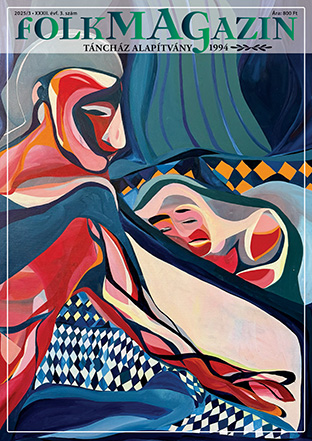Articles by Initial Letters
Jókai Mór és a magyar ételörökség – 2.
Hagyományos magyar ételek Jókai műveiben
Hungarian Food Tradition and Jókai Mór 1825–1904. Jókai was a novelist, hailed as ‘the great Hungarian story teller’, he was also a member of parliament, a member the Hungarian Academy of Sciences, and a leader at the outbreak of the 1848 Hungarian Revolution. This year marks 200 years since he was born. Amongst his grandiose body of work, we focus here on the important role that food and eating had in Jókai’s life and his ethnographic descriptions. In this issue we read about a trip Jókai took to Debrecen and the Hortobágy region in 1889 with a group of illustrious personalities. They were welcomed in Debrecen with a banquet. The next day they went out to the Hungarian Plain – the Hortobágy – for an a few hours amongst the herders that lived out there tending the animals. Here also are excerpts from Jókai’s ethnographic descriptions on the life of the herders. Three recipes (from a 1934 publication) are provided – demonstrating the kinds of foods herders ate out on the plains: noodles and porridge; a bean dish made with vinegar and a roux-like thickener; a meal called ‘white sour’ – ‘fejír ecetes’ – a base of eggs and flour with boiled pork and a good strong vinegar – the food kept for days, was reheated and eaten with bread. By ethnographer Juhász Katalin.





